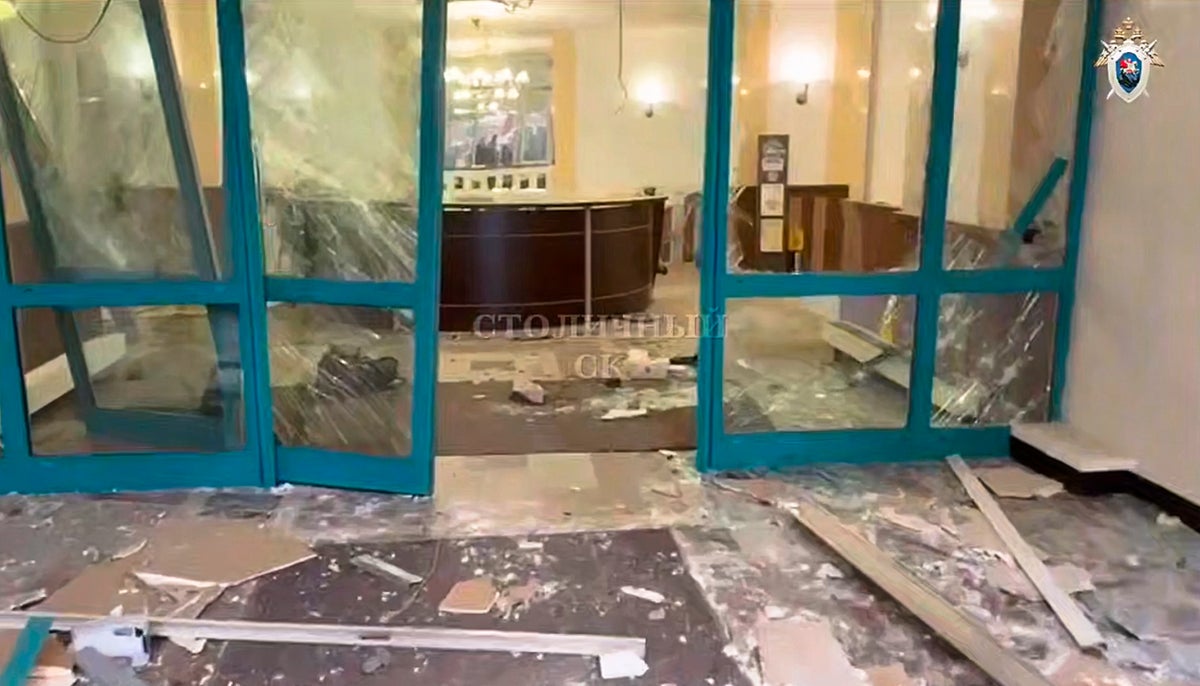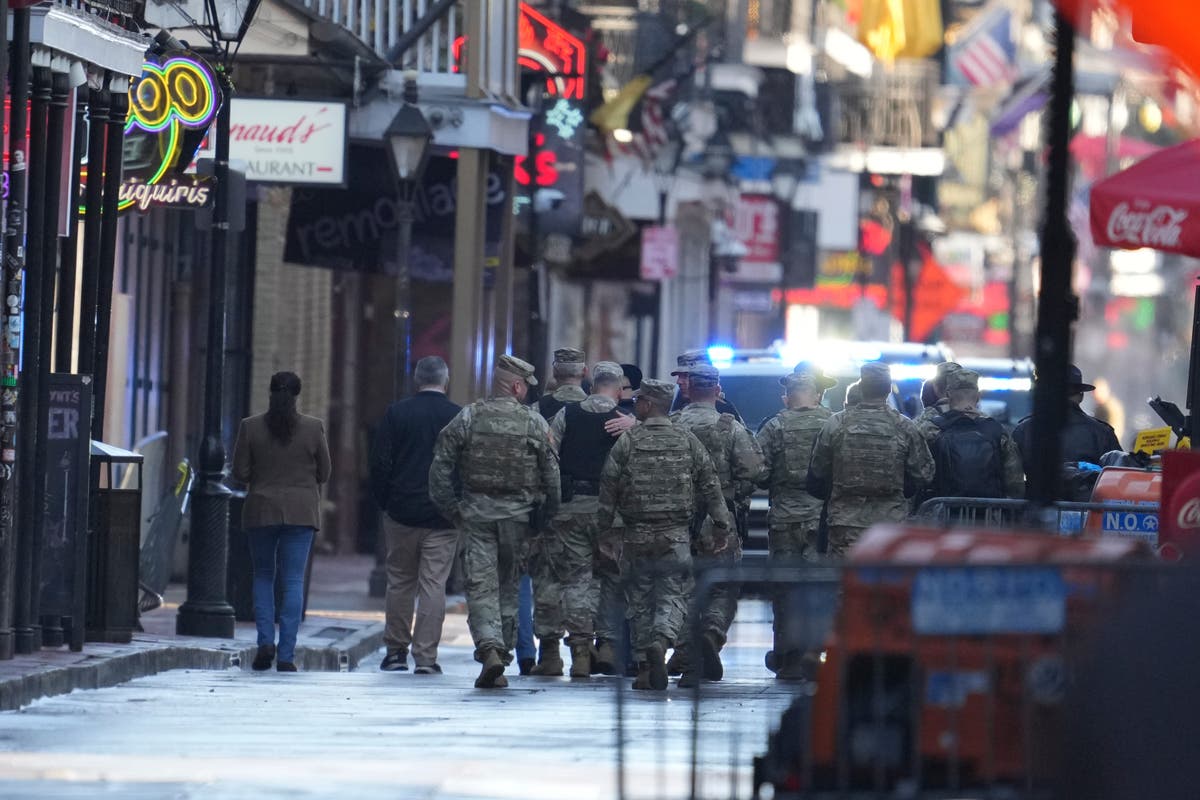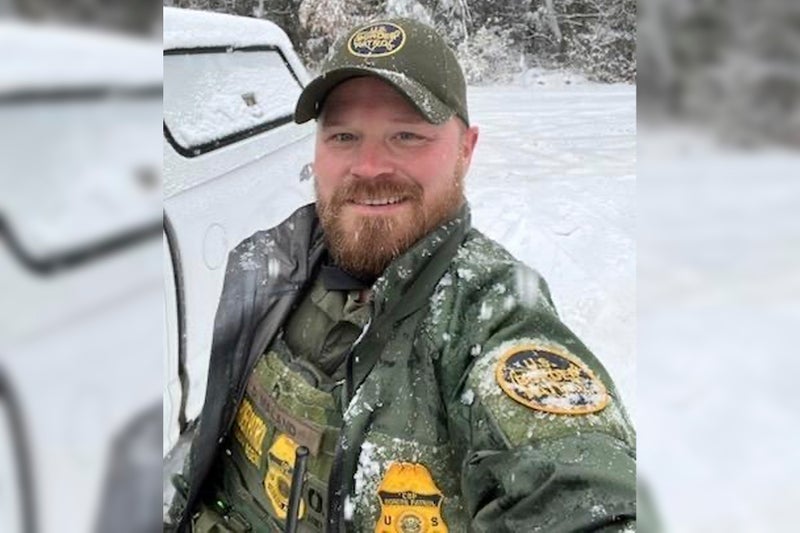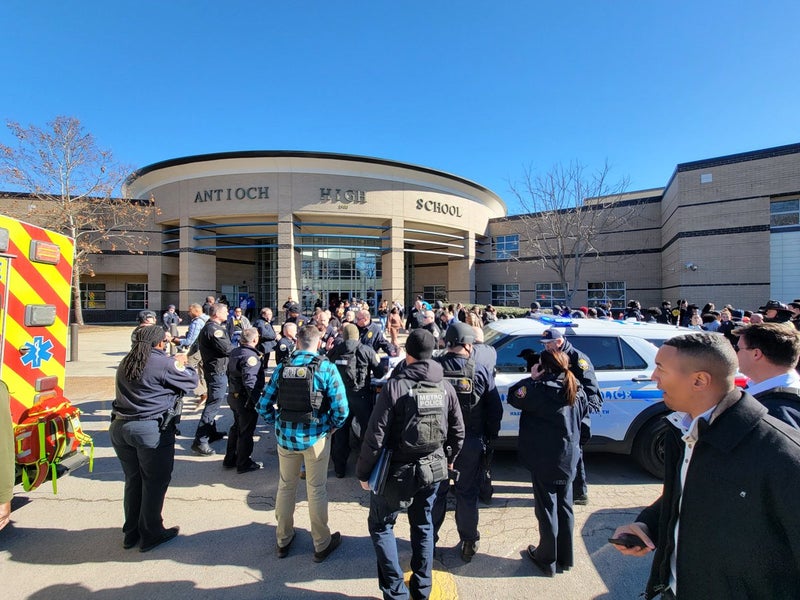Used as human shields, starved and under fire: The horrors people with disabilities face in Putin’s war
Used as human shields, starved and under fire: The horrors people with disabilities face in Putin’s war
Share:
In the final part of our series on the plight of people with disabilities caught up in Russia’s invasion of Ukraine, Bel Trew speaks to a man who had only the use of one limb, his arm, about the terrible treatment Ukrainians are subjected to in Russian-occupied territory. He was returned to Kyiv and his family, but would later die. Almost completely paralysed, Oleg could do nothing but sit under the bombing in his own excrement, after his caregiver mother was killed in front of his eyes by a missile attack.
![[Oleg in Mariupol]](https://static.independent.co.uk/2024/04/30/12/newFile-5.jpg)
At some point during the three weeks he was stranded alone, Russian soldiers came into the building and stole the wheelchair the 65-year-old Ukrainian was sitting in. They told him they needed it for a wounded soldier, and left. This was early spring 2022 on the eastern side of Mariupol, a strategic Ukrainian port city that was under one of the fiercest bombardments of Russia’s invasion. There was no electricity, water or phone connection. Temperatures had dropped to minus 10 degrees celsius.
![[Oleg’s home in Mariupol]](https://static.independent.co.uk/2024/04/30/12/WhatsApp%20Image%202023-05-31%20at%2011.31.40%20%282%29.jpeg)
Due to multiple strokes in the past, Oleg had lost the use of all his limbs bar his right arm and needed around-the-clock care. His mother had been looking after him until she was killed in a Russian strike which swallowed half their apartment block and nearly burned Oleg alive. A neighbour rescued him from the fire and took him to the ground floor entrance of an adjacent building. There others risked being killed by shelling to intermittently bring him food.
![[Oleg’s home in Mariupol]](https://static.independent.co.uk/2024/04/30/12/newFile-6.jpg)
“I don’t know how he managed to survive with the use of only one arm,” his only daughter Yanina, 25, tells The Independent, with incredulity in her voice. The technology worker was in Kyiv when Russia invaded and spent months desperately searching for her father in the south. “After the soldiers took his wheelchair, he lay on a dirty mattress half naked, having to go to the toilet on himself for almost a month. He couldn’t escape, get to safety.”.
![[A Russian attack on Mariupol]](https://static.independent.co.uk/2024/01/23/19/OSCAR-NOMINACIONES-20_DAYS_IN_MARIUPOL_84727.jpg)
After Russia took full control of the scorched city, Oleg was taken by Russian soldiers and their Ukrainian proxies to an institution in the occupied town of Makiivka in Donbas in eastern Ukraine, an area made up of the regions of Donetsk and Luhansk. There he described appalling treatment. Parts of his foot were amputated because of frostbite. “There was barely anything human about them,” he told The Independent about the Makiivka authorities that also tried to force Russian documentation on him.
The only thing that kept him going was his daughter, who eventually located him and worked on his rescue. “I thought about what a daughter I have, that she saved me,” he added. Oleg is among tens of thousands of people with disabilities in Ukraine who found themselves trapped along the deadliest frontline of one of Europe’s bloodiest wars in generations. Often unable to seek shelter, evacuate or look for food or water, by themselves Ukrainians with disabilities have been “disproportionately” impacted by Vladimir Putin’s invasion and are suffering the brunt of the horrors of the war, according to the United Nations.
It took Yanina five difficult months to successfully bring Oleg back to Ukrainian-controlled territory and be reunited again in the capital. “The authorities in Makiivka were very aggressive when I tried to get him out. It was like bailing my dad out of a prison,” she adds. But in August 2023, exactly a year after his rescue, he died suddenly. His family thinks those weeks in Mariupol and the treatment in Makiivka, took a deadly toll on his body.
Others who have been through similar ordeals also did not survive. Yanina was trying to help a different man with disabilities called Igor, who was also from Mariupol and in the same hospital room as Oleg. He died mid evacuation, en route to the central city of Zaporizhzhia. The Independent has exposed the terrible suffering people with disabilities have faced in Putin’s invasion and uncovered fresh evidence of possible war crimes committed against them including forcible transfer, deportation, and abusive treatment that could amount to torture. The Independent has also received reports they had been used as human shields by Russian soldiers, and deprived of food and medicine resulting in death.
This 18-month has highlighted Ukraine’s outdated care system that was inherited from the Soviet Union and relied on systematic institutionalisation of people with disabilities, often from childhood. Ukraine had started the process of reforms before the war started to build a “barrier free” country for all that was backed by First Lady Olena Zelenska. But that was stopped short by the war. And ultimately on 24 February 2022, when Moscow’s men marched on Kyiv, tens of thousands of Ukrainians with disabilities were still living in hundreds of residential institutions across the Ukraine. There, conditions have been described by United Nations experts and a recent European Union commission report as “appalling”.
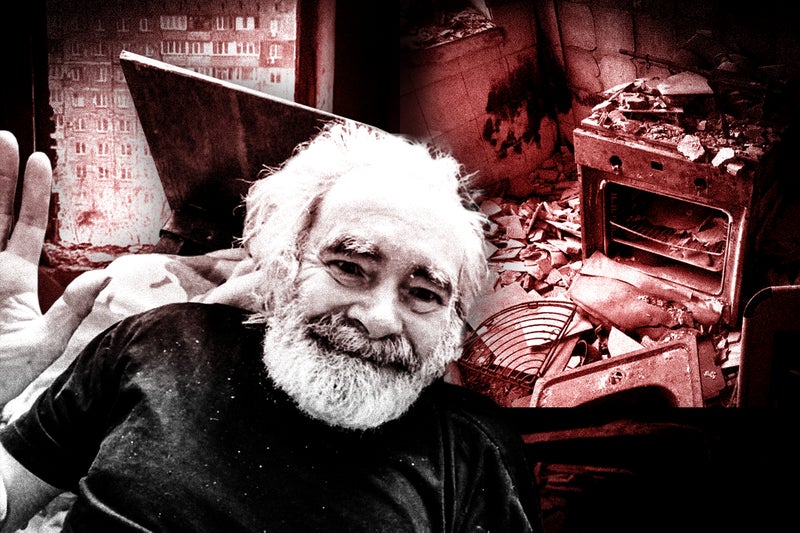
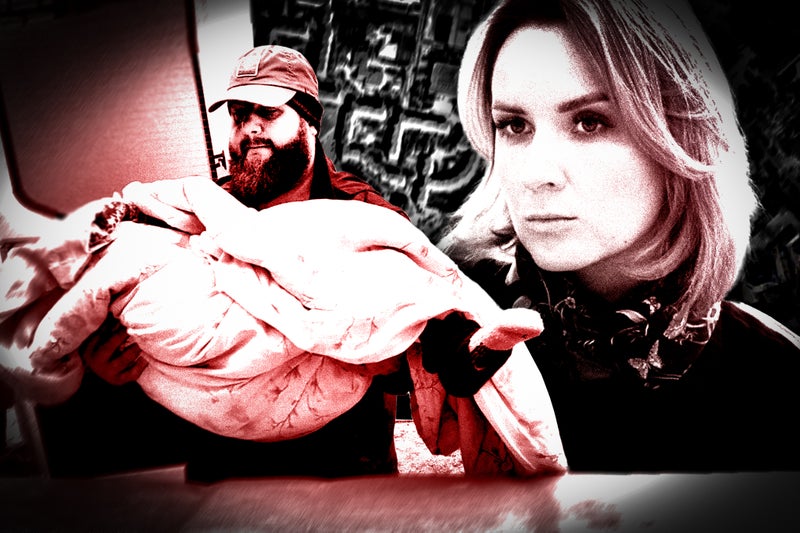
.jpeg?auto=webp&width=800)


